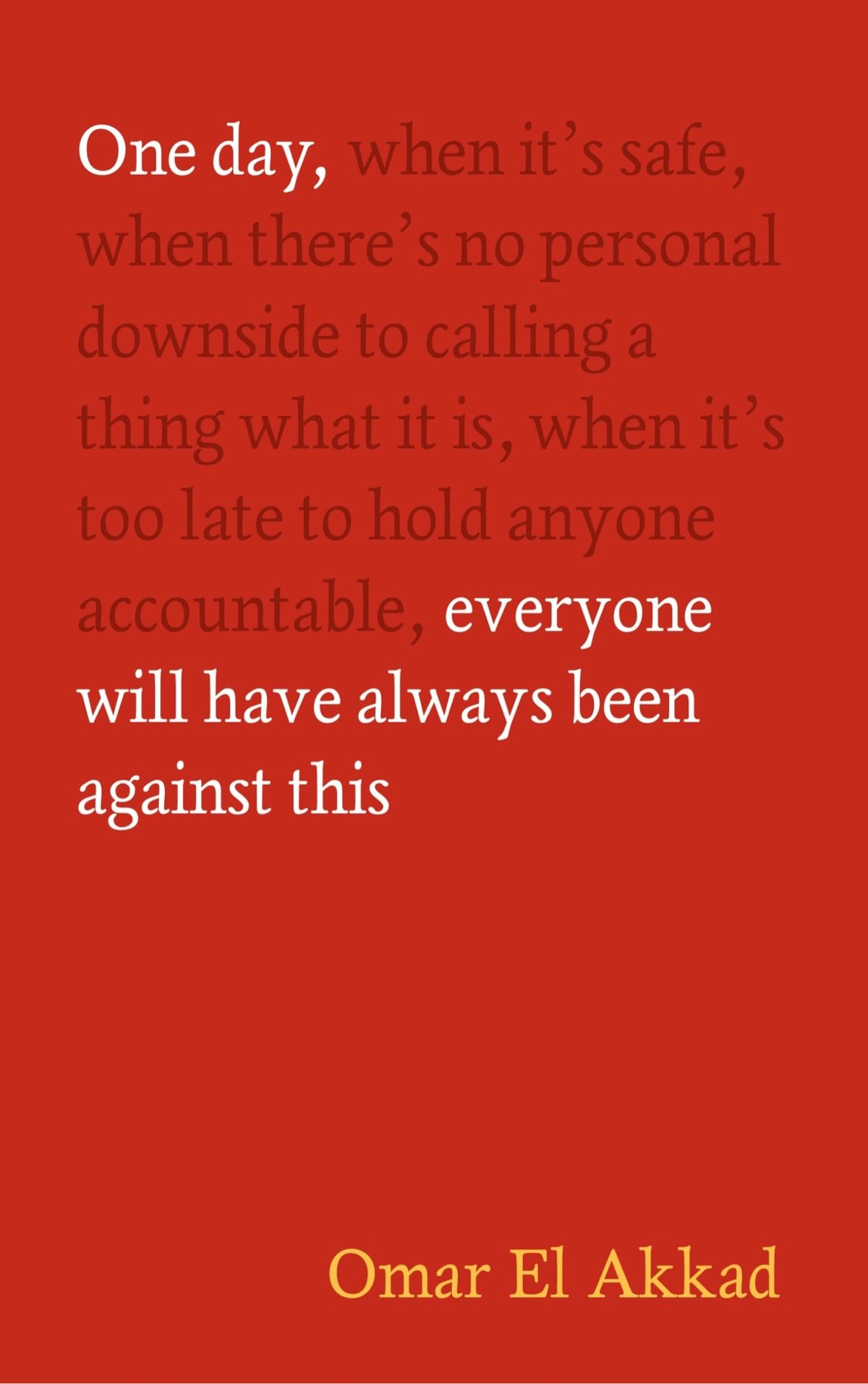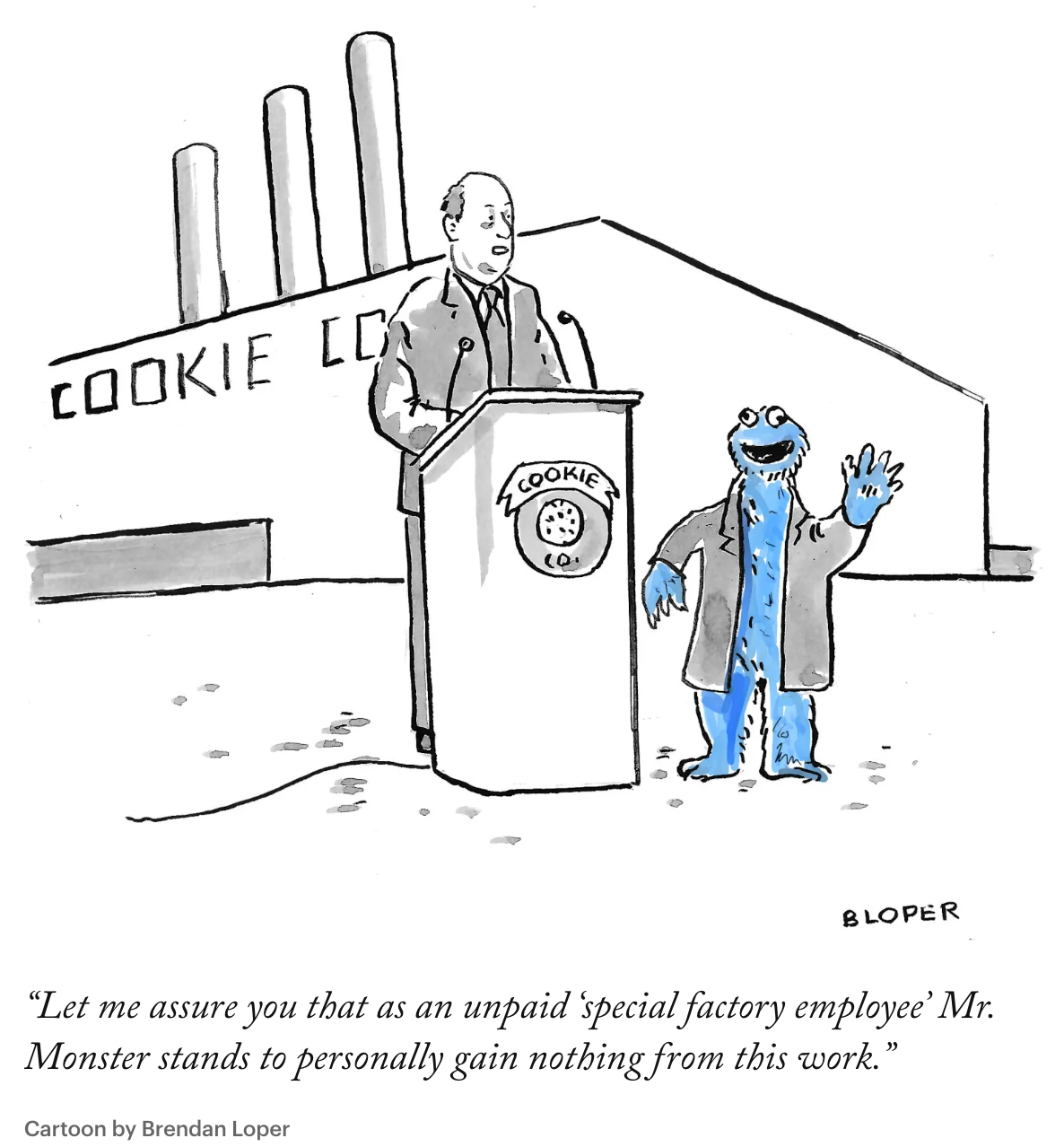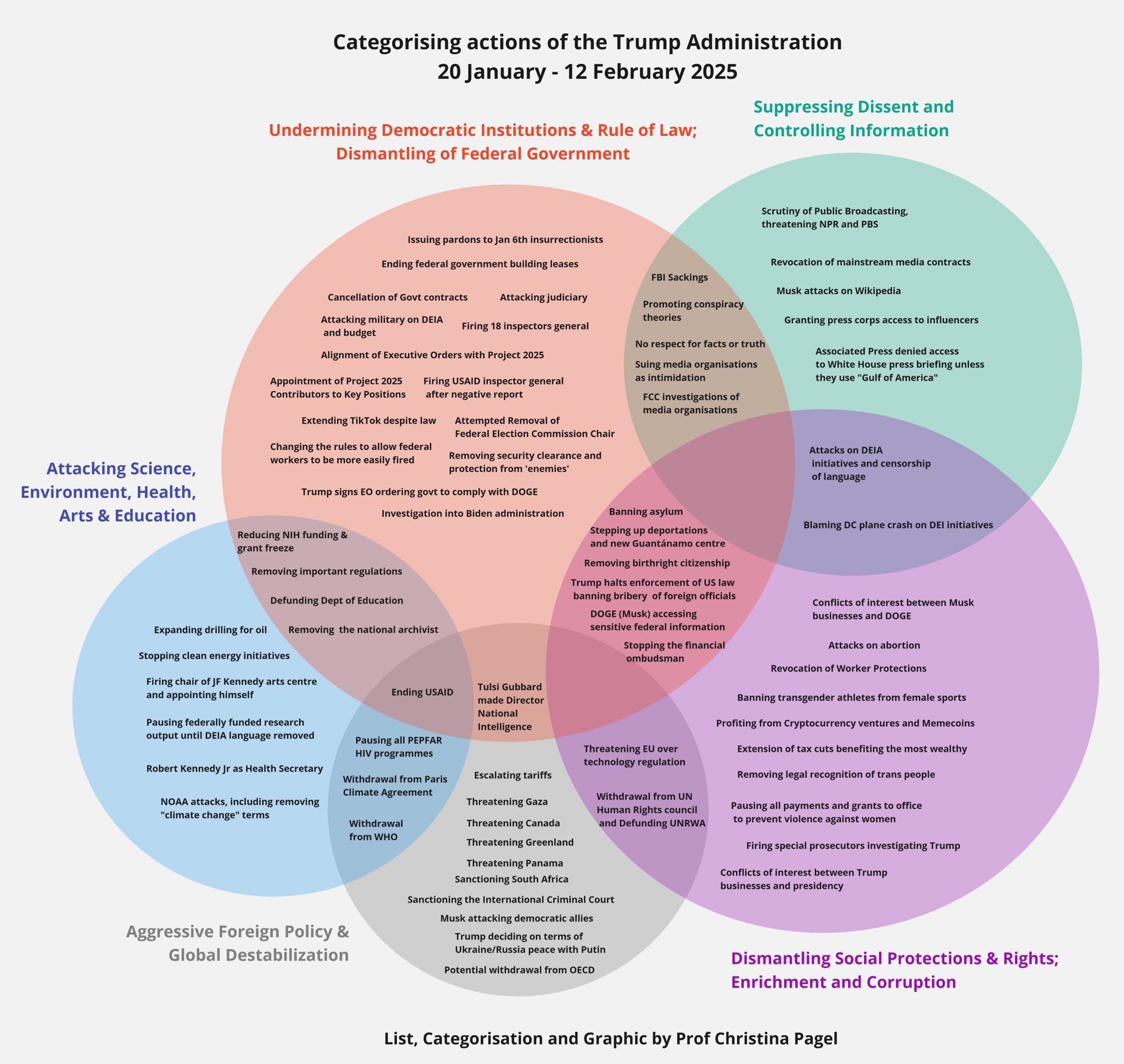
Kevin Kelly recently shared some of the advice he’s learned over his 50+ years on the road. Here are a few of my favorites:
Don’t balk at the spendy price of admission for a museum or performance. It will be a tiny fraction of your trip’s total cost and you invested too much and have come too far to let those relative minor fees stop you from seeing what you came to see.
[…]
The most significant criteria to use when selecting travel companions is: do they complain or not, even when complaints are justified? No complaining! Complaints are for the debriefing afterwards when travel is over.
[…]
Your enjoyment of a trip will be inversely related to the weight of your luggage. Counterintuitively, the longer your trip, the less stuff you should haul. Travelers still happy on a 6-week trip will only have carry-on luggage. That maximizes your flexibility, enabling you to lug luggage up stairs when there is no elevator, or to share a tuk-tuk, to pack and unpack efficiently, and to not lose stuff. Furthermore, when you go light you intentionally reduce what you take in order to increase your experience of living. And the reality of today is that you can almost certainly buy whatever you are missing on the road.
[…]
The list of most coveted cities to visit have one striking thing in common—they are pedestrian centric. They reward walking. Better online hotel sites like Booking.com have map interfaces which allow you to select hotels by their location. Whenever possible I book my hotel near to where it is best to walk, so I can stroll out the door and begin to wander.
[…]
And finally the my favorite advice:
For the best travel experiences you need either a lot of money, or a lot of time. Of the two modes, it is far better to have more time than money. Although it tries, money cannot buy what time delivers. You have enough time to attend the rare festival, to learn some new words, to understand what the real prices are, to wait out the weather, or to get to that place that takes a week in a jeep. Time is the one resource you can give yourself, so take advantage of this if you are young without money.
Time is the great equalizer - no matter how much money you have, or the luxuries you partake in, we all have 24 hours in a day. When you go, make sure you take the time to be fully present in your new adventure.









